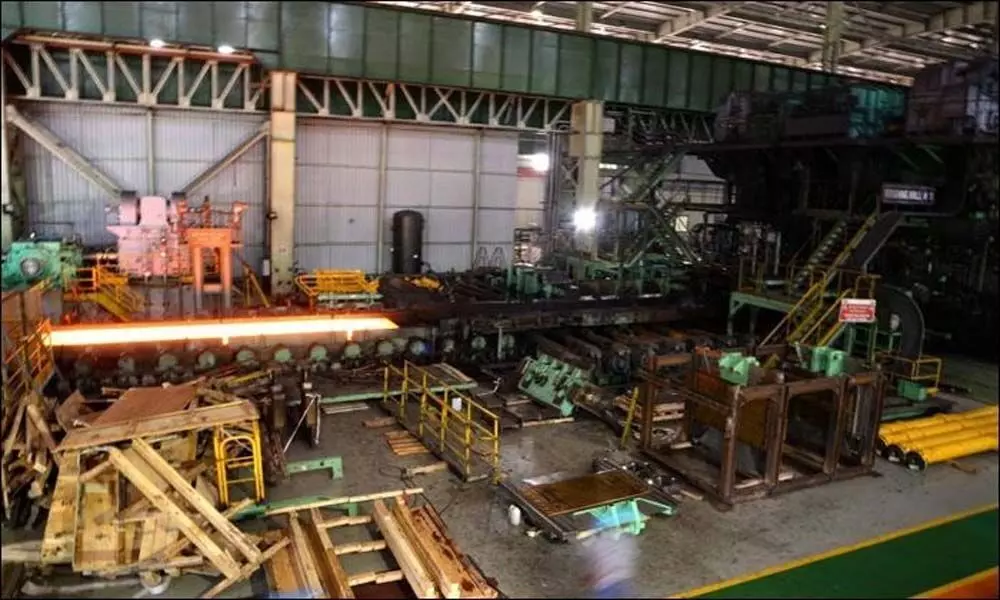Stressed steel plants see faster growth
Post-acquisition under IBC, acquirers forecast 20% faster payback
image for illustrative purpose

Stressed steel plants, acquired under the Insolvency and Bankruptcy Code (IBC) resolution process, are seeing faster returns. Despite pandemic-linked blips, domestic demand outlook remains strong, which has helped acquirers ramp up utilisation levels.
The ongoing steel upcycle will also mean stronger-than-expected realisations over the medium term. Consequently, acquirers may see 20 per cent faster payback and are well set to tap the brownfield potential housed under these assets.
This is as per a Crisil study of five stressed steel capacities, totalling 21 million tonne (MT), which were acquired under NCLT-1, mostly by other primary steel producers. These assets accounted for 70 per cent of total financial claims resolved or liquidated under IBC in the steel sector till March 31, 2021.
For acquirers, while the debt inherited via acquisition became sustainable after the haircuts, a turnaround in operational performance led by improved efficiency was the key for a reasonable payback period of around six years, given average domestic steel prices of Rs 39,000 per tonne in fiscal 2018.
Manish Gupta, senior director, Crisil Ratings, said: "Although domestic iron ore prices have increased, a combination of higher steel prices and better utilisation rates, with operational debottlenecking lifted operating margins for the acquired assets from 13 per cent in fiscal 2018 to 22 per cent last fiscal. This is expected to be even stronger at 30 per cent this fiscal."
Naveen Vaidyanathan, associate director, CRISIL Ratings, said: "fortunately for the steel sector, the pandemic has not derailed demand much. Last fiscal, after a washout in the first quarter, there was a 'V' shaped recovery that limited the decline in domestic demand to 6% for the year. This fiscal may see a robust 10-12 per cent demand growth, led by the auto and infrastructure segments and higher exports. The medium-term prospects remain strong, too, with estimated compound annual growth rate of six-seven per cent for fiscals 2022-25."
Expectedly, the acquirers have been able to turn these capacities around utilisation rates improved from 65 per cent in fiscal 2018 to more than 80 per cent by the end of fiscal 2021 riding on operational debottlenecking, improved raw material sourcing, access to working capital and strong managerial oversight.
A bigger boost, though, has come from the current steel upcycle. Global steel prices have rallied strongly driven by strong demand and higher iron ore input costs due to supply tightness. Domestic steel prices, which are driven by the landed cost of imports, have also witnessed a similar surge at 15 per cent higher in fiscal 2021 compared with fiscal 2018.
Crucially, despite some moderation, global prices could remain well above 2018 levels even next year. That is primarily due to China's continued focus on reducing carbon emissions, which should keep a leash on global steel supply.

